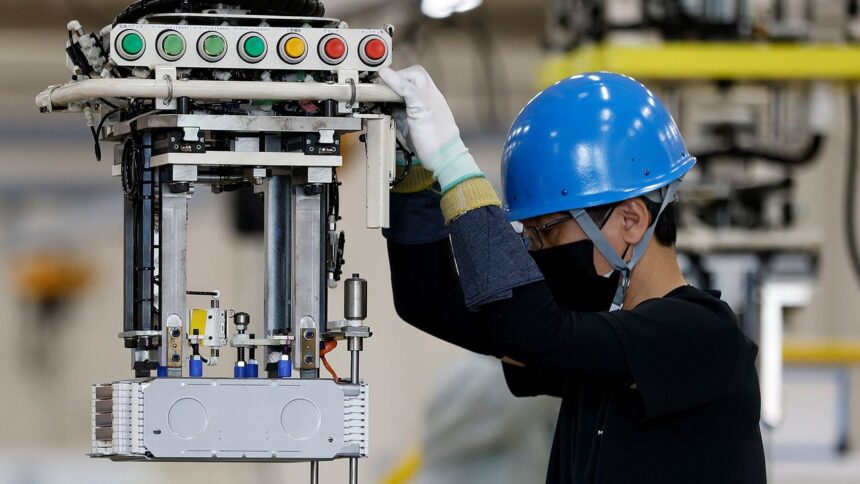The global shift toward renewable energy and electric mobility has driven the search for safer, more efficient, and longer-lasting battery technologies. Among the many options available today, the LiFePO4 battery—short for lithium iron phosphate—has emerged as one of the most stable and sustainable solutions. Its unique chemistry offers a combination of safety, durability, and environmental friendliness that makes it suitable for a wide range of modern applications.
What Is a LiFePO4 Battery?
A LiFePO4 battery is a type of lithium-ion battery that uses lithium iron phosphate as its cathode material. This chemistry provides significant advantages over traditional lithium-ion batteries that rely on cobalt or nickel-based compounds. The iron-phosphate structure ensures strong thermal and chemical stability, meaning the battery is less likely to overheat, catch fire, or degrade rapidly under heavy use.
LiFePO4 batteries are known for maintaining a steady voltage throughout their discharge cycle. This stable performance allows for consistent power delivery, which is especially valuable for devices and systems that require reliable energy output—such as electric vehicles, solar energy storage systems, and industrial equipment.
Key Advantages of LiFePO4 Technology
One of the most notable features of the LiFePO4 battery is its exceptional safety profile. The chemical bonds in the lithium iron phosphate compound are inherently strong, preventing oxygen release and minimizing the risk of thermal runaway—a problem often associated with other lithium-ion technologies. This makes LiFePO4 batteries one of the safest energy storage solutions available.
Durability is another major advantage. While traditional batteries may degrade after a few hundred cycles, LiFePO4 batteries typically last between 3,000 and 5,000 cycles, or even longer under proper maintenance. This extended lifespan reduces the need for frequent replacements, offering better long-term value for users.
In addition to safety and longevity, LiFePO4 batteries deliver high efficiency. Their charge and discharge efficiency often exceeds 95%, meaning very little energy is wasted. This efficiency is particularly important in renewable energy systems where stored power needs to be used as effectively as possible.
Environmental and Economic Benefits
The LiFePO4 battery is also considered an environmentally friendly energy storage option. Unlike cobalt or nickel-based batteries, LiFePO4 cells are made from non-toxic and abundant materials such as iron and phosphate. This reduces both the ecological footprint of production and the environmental risks associated with disposal.
From an economic standpoint, the initial cost of LiFePO4 technology can be higher than conventional lead-acid batteries. However, when considering the longer lifespan, lower maintenance requirements, and superior efficiency, LiFePO4 batteries often prove more cost-effective in the long run. This combination of environmental responsibility and financial practicality makes them an attractive choice for both residential and commercial energy systems.
Applications Across Different Sectors
The versatility of the LiFePO4 battery is one of the reasons for its growing popularity. It is used in a wide range of sectors where reliable, efficient, and safe energy storage is essential.
- Renewable Energy Systems: LiFePO4 batteries are widely used for solar and wind energy storage, helping balance energy generation and consumption throughout the day.
- Electric Vehicles: Their stability and long lifespan make them a reliable choice for powering electric cars, bikes, and buses.
- Marine and Recreational Use: Lightweight and compact, these batteries provide steady power for boats, RVs, and off-grid applications.
- Industrial and Backup Power: LiFePO4 batteries are ideal for telecom towers, data centers, and backup systems where uninterrupted power is crucial.
Their adaptability across different environments—ranging from homes to large-scale industrial setups—demonstrates the broad potential of this battery technology.
The Future of LiFePO4 Batteries
As global industries continue to prioritize cleaner and more reliable energy solutions, the LiFePO4 battery is set to play an increasingly important role. Ongoing research aims to improve its energy density and reduce production costs, further enhancing its competitiveness in the energy storage market.
With the continued rise of electric mobility and renewable energy adoption, LiFePO4 technology offers a stable and sustainable path forward. Its balance of safety, performance, and eco-friendliness ensures that it will remain a key component in the future of global energy systems.
In essence, the LiFePO4 battery stands as a symbol of progress in modern energy storage—combining advanced engineering with environmental responsibility to power a cleaner, safer, and more sustainable future.


